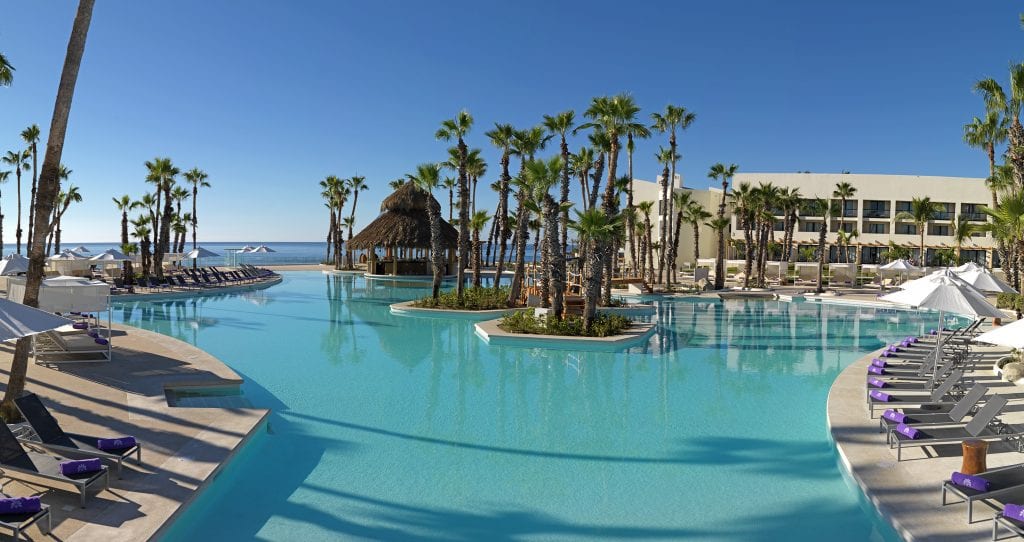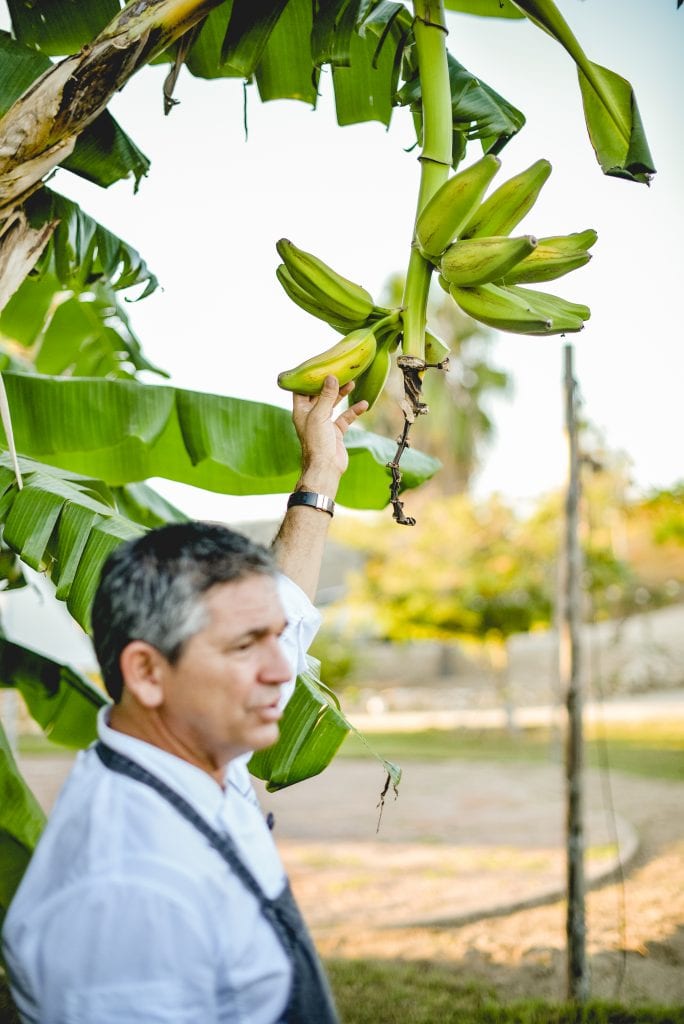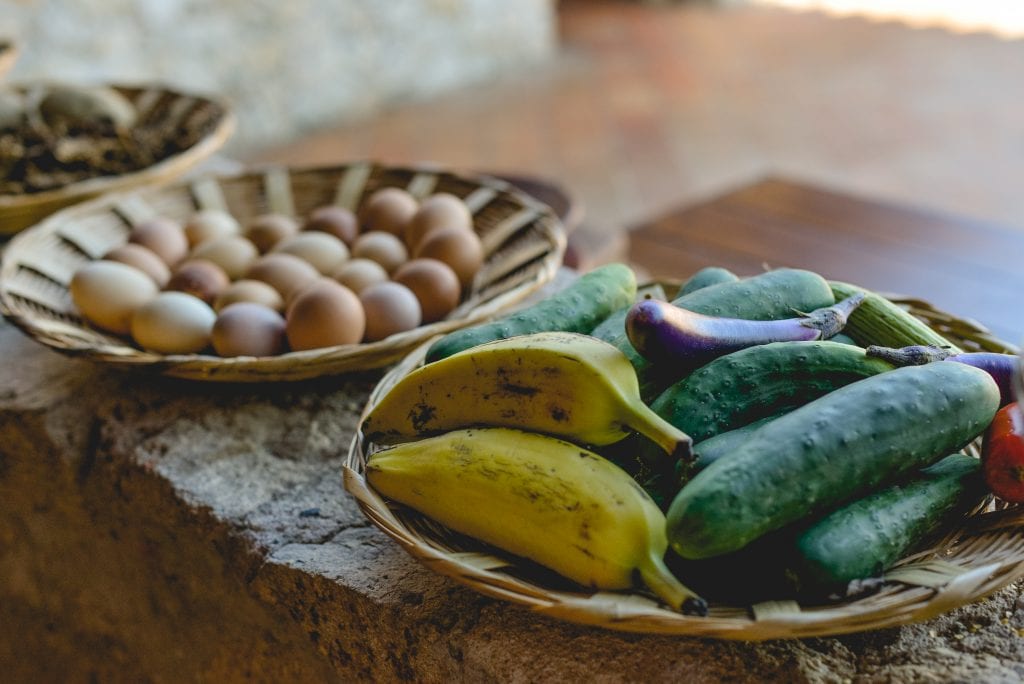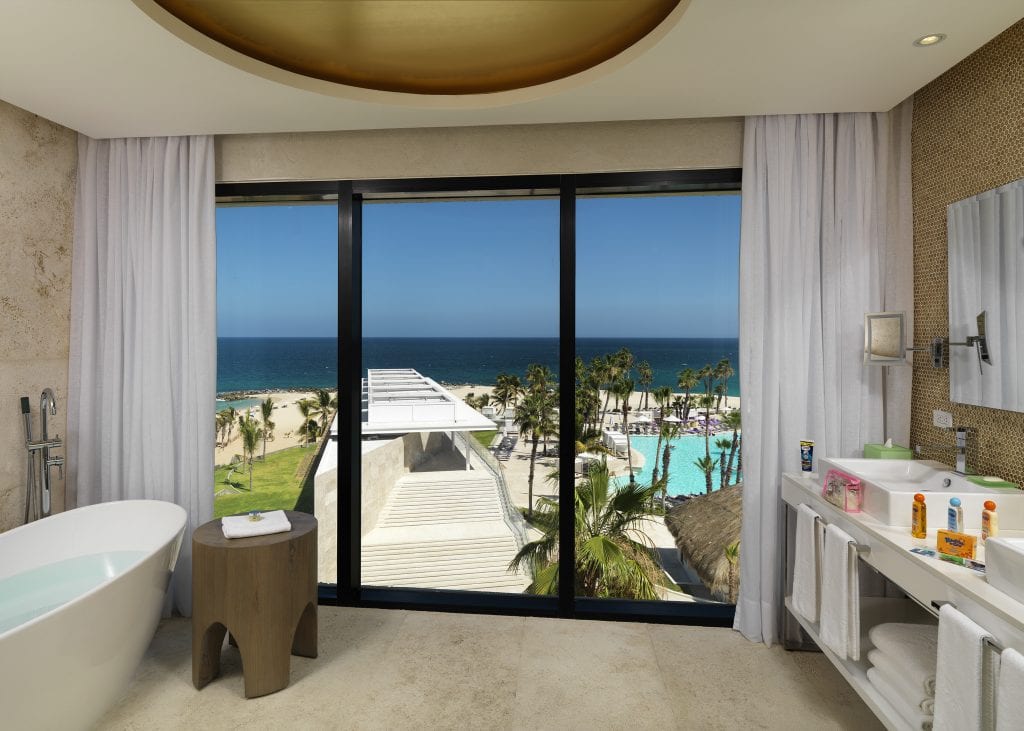
After our virtual workouts in the evenings, a few gym pals and I like to hang out in the Zoom-verse to catch up on each other’s lives. Before the pandemic, we had worked out together in the flesh for years, so we cherish these moments of chitchat as our sweat begins to evaporate.
During a recent chat, Deborah caught us up on her birthday celebration. She and some girlfriends had flown together to Los Cabos. None of the rest of us had been on a plane since the pandemic. We leaned closer to our screens, hanging on her every word as though she were detailing a trip to the moon.
Deborah described how the airline did not sell the middle seats on her flight and the extra precautions her hotel took to help guests stay physically distant from anyone outside their own party. The hotel also disinfected – from spraying guests’ shoes with disinfectant each time they returned to the hotel to having them enter through a newly sectioned-off, disinfected pathway emitting a light spray.

Her experience felt worlds away from my stay in Los Cabos just a year ago. I was poised to write about that trip for L.A. Parent’s spring Beyond L.A. issue, but COVID-19 halted all travel coverage – and it shut down the resort I called home for those few luxurious days. Paradisus Los Cabos had just made multimillion dollar renovations and launched a campaign, “Embrace Your Nature,” that centered around luxury with a focus on appreciating nature, practicing sustainability and indulging the senses.
After hearing Deborah’s story about her trip, I reached out to Paradisus and learned that they had just reopened. Restaurants and other businesses were also opening or planning to open in this southernmost tip of the Baja California peninsula where the Sea of Cortés meets the Pacific Ocean.
If you feel comfortable taking the 2½-hour flight, there are plenty of socially distanced outdoor activities to enjoy: snorkeling, horseback riding, scuba diving, golf, fishing and kayaking to name a few. In addition, I was happy to learn that some of the delights I enjoyed last November are back up and running.
Appealing to safety and the senses

Last year, the only masks I saw were the carved wooden masks for sale at a booth in San José del Cabo. If you make the trip anytime over these next several months, you’ll want to pack a stack of face masks to comply with hotel and other businesses’ regulations.
Sprawled across 18½ acres, Paradisus Los Cabos lines one of the area’s few swimmable beaches. With the glittering Sea of Cortés as the backdrop, we enjoyed sunrises and sunsets, morning yoga, dancing, swimming in one of the resort’s pools and meals prepared by a variety of chefs whose menus sound like poetry.
A hook-to-table menu, for instance, described cooking with water as an act of “union and harmony. Cooking in a liquid is the way to obtain the most intense, hidden and complex flavors and aromas from the most humble ingredients.” On the menu: shrimp aguachile, Santo Domingo oysters and chocolate clam in an apple mignonette sauce. The earth menu, in contrast, represented “stability between water and fire. It’s what transforms the vineyards to wine, barley seeds to beer, cabbage to sauerkraut, milk to cheese…” Menu options included sweet potato and agave, beet and anise, corn and butter with asparagus and edamame.
The resort boasts 350 guestrooms, 28 of which are sea-view swim-up suites. It is part of Paradisus by Meliá, the luxury all-inclusive resort brand owned and operated by Spanish hotel chain Meliá Hotels International.

Paradisus is following the company’s Stay Safe with Meliá program, which includes a partnership with Bureau Veritas, a company leader in inspection, certification and testing to ensure the Meliá Hotels International system is achieving the “highest standards in the management of preventative measures to combat COVID-19 in its hotels worldwide.”
In addition to facility modifications to reduce direct interaction and maintain hygiene standards, safety measures include temperature checks of all guests upon arrival, COVID-19 amenities kits with a mask, gloves and hydroalcoholic gel and strictly enforcing social distancing at restaurants, pools and entertainment activities.
While focused on safety, the resort has also expanded its upgraded luxury experiences to include guests with families. The Reserve, previously known as Royal Service and Family Concierge, offers personalized concierge services, private check-in and check-out, individual assistance with priority reservations for activities and restaurants and private pool and beach club access with customized services. Expansive luxury suites include special amenities such as personalized turn-down service, cookies and milk for kids and in-room video game setup along with access to private kids’ facilities.
The resort’s Kids Zone is temporarily closed. However, staff members host outdoor activities with a weekly schedule available from 10 a.m. to 5 p.m. for ages 4-12. All the activities have limited capacity and are available on a first come, first served basis. Some offerings include painting and milkshakes, family beach bonfires, outdoor movies, storytelling under the stars and even disco and fitness training for kids.
Honoring nature and local artisans
One of our favorite evenings during my stay was a sunset tour on a yacht to The Arch, or “El Arco,” a distinctive rock formation at the southern tip of Cabo San Lucas. Adrian, the captain of the yacht, let me have a stint at the wheel while he playfully turned to leave the top deck. El Arco stands three stories tall and was formed from natural erosion. It is adjacent to Lovers Beach on the Sea of Cortés side and Divorce Beach on the rougher Pacific Ocean side.
We stayed where the water was calmer and the sea lions poked in and out of its depths.

The next morning, back on the shores at Paradisus, we were delighted to participate in a turtle release program that the resort hosts each November. We sat on the sand as organizers explained the turtle protection process. The Sea of Cortés and Baja California peninsula are home to five species of sea turtles; hawksbill, loggerhead, leatherback, green turtle and olive ridley – all of which are endangered. Paradisus Los Cabos and local grassroots organizations partnered to protect the sea turtles.
After the talk, we met the turtle hatchlings, using a glove to choose one each and walk a few feet from the mouth of the sea. “Let them go now, but stay back,” our guide yelled over the sound of the waves rushing in. We watched with bated breath as our tiny turtles, led by instinct, scrambled toward the sea, many of them getting washed back up on shore and having to try again. A long line of us volunteers collectively cheered the turtles on until not one of their little bodies was visible on the sand.
Supporting local artists and artisans is just as important to me as doing my part in helping protect an area’s natural environment. Paradisus introduced us to several artisans, including Proyecto Beatriz, a collaborative platform that was born to honor the work of the late Beatriz Carrehga, who started helping artisans in vulnerable communities of Guerrero 17 years ago. I bought a beautiful basket-woven notebook covering and a basket with a lid to keep our Thanksgiving bread warm.
More local introductions included Espíritu Lauro artisanal mezcal, which has been made in Palenque for the last 100 years, and small black clay mezcal glasses crafted by Gustavo Calderón, an artisan of San Bartolo Coyotepec, Oaxaca. And in San José del Cabo, I bought a malachite and sterling silver necklace from the exuberant Juan Gonzalez Vega at Paco’s Jewelry and Design, which also sells leather goods family members of all ages will enjoy.
For film art, November is the month of the annual Los Cabos International Film Festival, which draws a global crowd and showcases films from emerging and established filmmakers. This year, the festival will take place Nov. 11-15.
Farming and poetry for the soul

Good food and poetry go together like milk and honey. In one day, we toured three farms, sampling tasting menus and sipping cocktails and mocktails. We visited ACRE, a 25-acre, palm-forest farm resort, which has treehouses, organic farms, private event spaces, an award-winning bar and restaurant and even a pet adoption program (I came so close to adopting a puppy!). We also toured Flora Farms, a 25-acre farm in the foothills of the Sierra de la Laguna Mountains in San José del Cabo, home to a quaint campus that includes Flora’s Field Kitchen, a grocery, clothing and craft shops, gardens and even a few chickens scooting around.
Our last stop was Los Tamarindos, a 17-acre organic farm located five minutes from downtown San José del Cabo. Here, executive chef and owner Enrique Silva has developed a culinary experience that presents Mexican-Mediterranean cuisine paired with the freshest ingredients from his crops and riches offered by the Sea of Cortés. The restaurant is housed in a beautiful and rustic brick farmhouse built in 1888 and overlooking the “mixology garden.” Silva walked us through the fields, pointing out produce and how they use it in the kitchen.
That night, after a mind-blowing tasting menu at the resort’s Gastrobar, we sat under the soft light of a chandelier and listened to live poetry. Tania Langarica, a philosophy student and author, performed her poem “No Hay Manantiales en la Carne” in Spanish and English. The poem is about “letting go of the things that harm you, that make you feel earthly beaten,” Langarica says. “There’s no infinite running through the flesh, just through the soul. Be present, embrace the things that matter, embrace your nature.”
Reflecting on her poem and Los Cabos today, in a world that is so different from the way it was 12 short months ago, is, indeed, balm to the soul.
Cassandra Lane is Editor in Chief of L.A. Parent
























